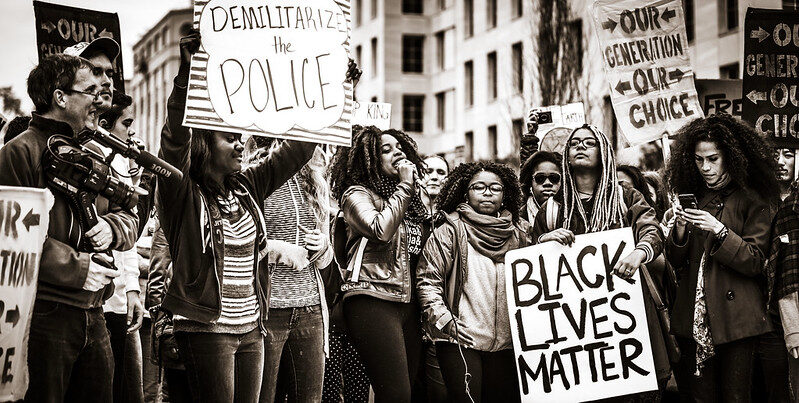
The #blacklivesmatter movement has (I hope) got us all thinking about how to be anti-racist – how to be part of the solution not part of the problem.
However, I think we are going to find that being anti-racist is much broader than simply anti-black-and-brown-people racism – being anti-racist means being anti-oppression, and in this short post I’m going to try to explain why I think we classroom teachers (I talk in particular about language teaching because that’s my profession, but my point applies to all teaching) have some learning to do. Let me start with something surprising:
As language teachers:
- I don’t think we should be telling our students HOW to speak – I don’t think we should be judging THEIR utterances by OUR “native-speaker” standards. We should be helping them develop ideas about THEIR OWN standards, and helping them work towards THOSE standards, not our own.
- And I don’t think we should be telling them WHAT to say – I think we should be helping them to find THEIR OWN voices, to say what THEY want to say, not what WE want them to say.
Yes, as educators we have a role: we can suggest topics and roads of enquiry, and prod them with questions to encourage deeper thought.
IF that’s what they want.
“#blacklivesmatter means we teachers have some learning to do…” の続きを読む